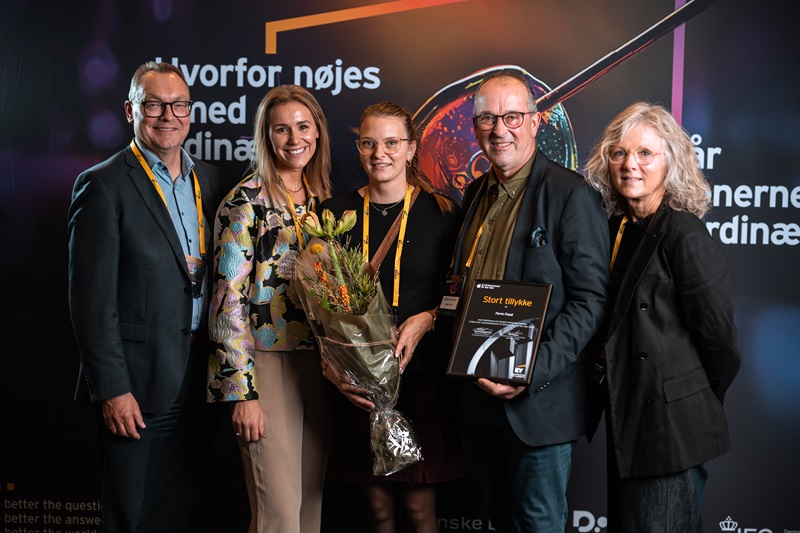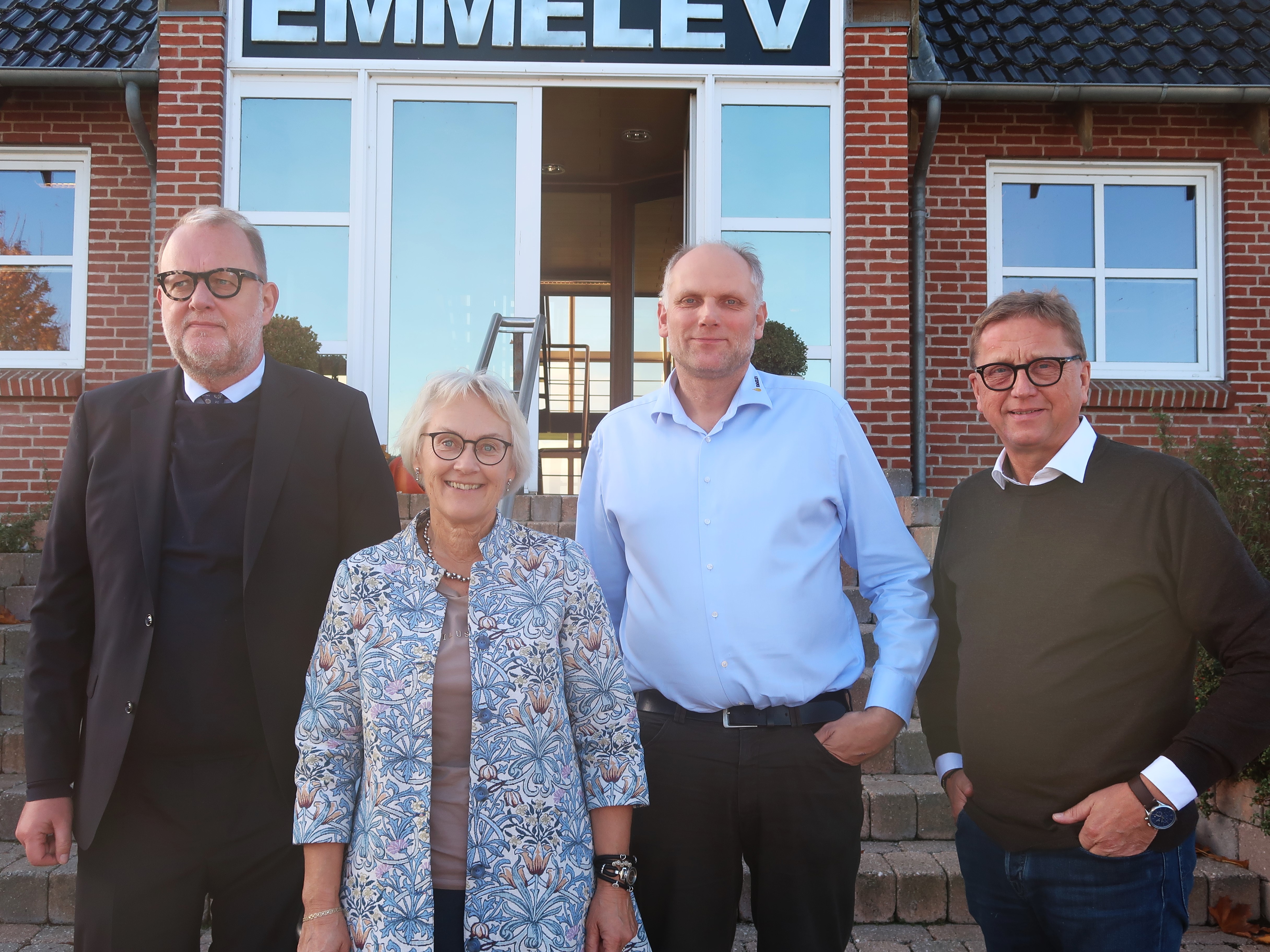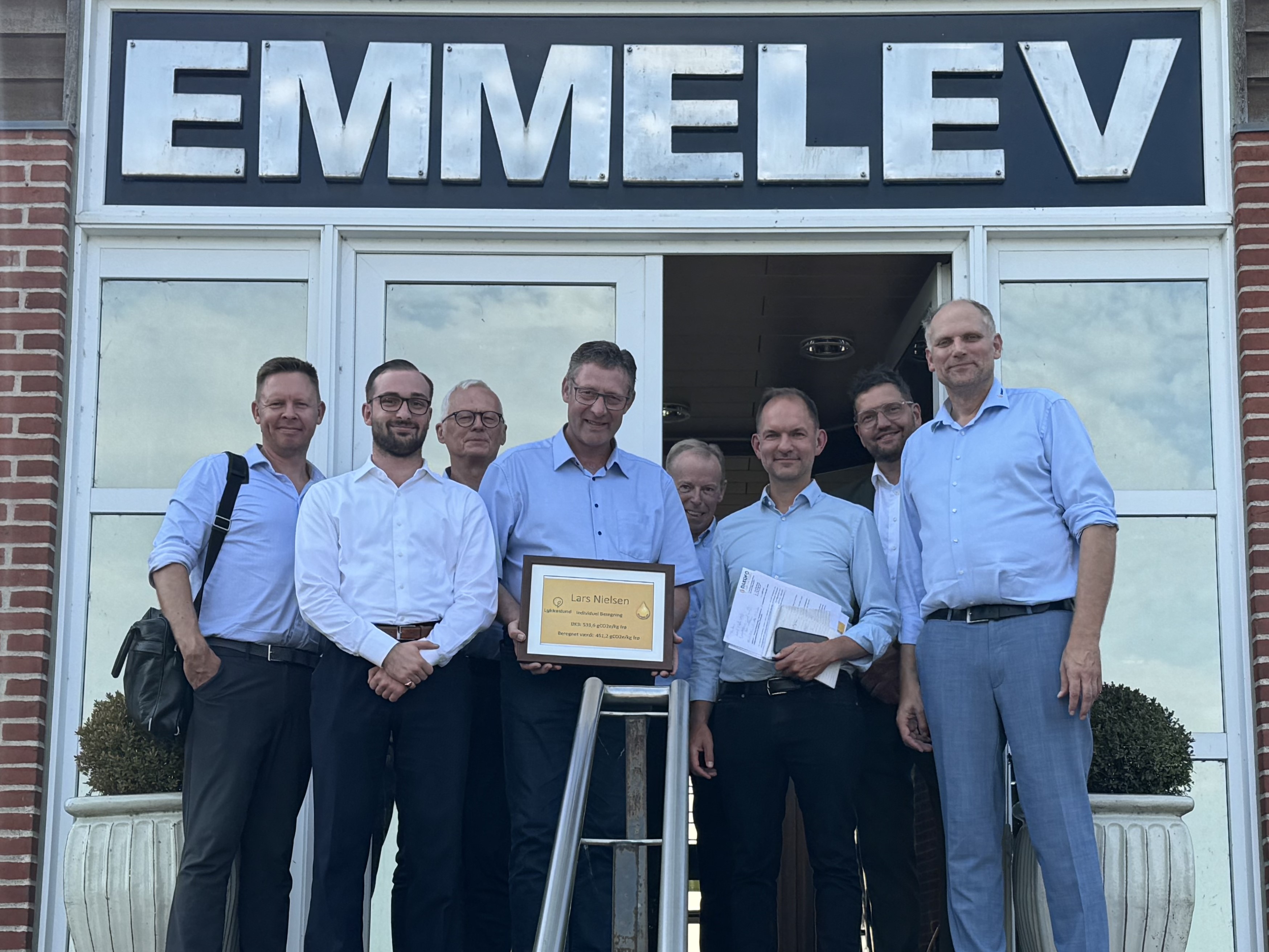Emmelev A/S lifts sales over 1 billion DKK this year. The climate agenda is driving growth, and Danish demand for biodiesel will increase, says industry director Michael Svane, DI, to the newspaper Børsen.
As the climate agenda increasingly occupies the attention of politicians, consumers, and businesses, the Simonsen family of Emmelev Mølle is set to reach a turnover of 1 billion DKK in 2019 after several years of growth. This was reported by Dagbladet Børsen in a full-page article on Thursday, April 4.
Emmelev Mølle is one of two Danish biodiesel producers and will thus have doubled its revenue in four years, from half a billion DKK in 2015. Based in Otterup on North Funen, Emmelev Mølle had a turnover of 886 million DKK in 2018, up from less than 750 million DKK in 2017. The net profit last year was 34 million DKK – four times higher than the previous year, the newspaper writes.
Commercial Success
“Our goal is to sell for 1 billion DKK this year, and it looks like it will succeed. This is shown by the figures for the first quarter of this year – from New Year until now,” says director Morten Simonsen to Børsen.
Like the rest of the Danish bioenergy cluster, which according to Dansk Industri includes over 1,000 energy companies, technology producers, consultants, etc., Morten Simonsen expects that the increasing focus on climate will bring commercial success:
“We will grow, and we are constantly adding. With biodiesel, which accounts for about half of our turnover, there are also openings in the Swedish market. Biodiesel is used much more there and is tax-free, while here we only mix seven percent into regular diesel,” he explains.
DI: Everyone is Looking at Biodiesel
Morten Simonsen tells Børsen that the big boom at home will likely come if there are legal requirements or economic incentives for increased use of biodiesel. The transport sector is one of the biggest climate offenders in the industry, and Michael Svane, director of DI Transport, tells Børsen that everyone is looking at sustainable biofuels to move forward on the sector’s green journey:
“Alternatives to traditional fuels must be found. It will probably mostly be electricity, then gas, and then biodiesel. But in just a year, biodiesel will be more widespread than it is today,” Michael Svane tells the newspaper.
He points out that the public sector not only influences development through legal requirements but also through its large purchases by setting demands for its transport suppliers.
Efficient Utilization
Morten Simonsen expects that either environmental zones will be introduced in cities, where biodiesel must be used, or that there will be requirements for more bio mixed into regular diesel: “There is a logistics infrastructure that can be used – the oil companies’ tank trucks, etc. This is in contrast to electricity and biogas, where logistics and distribution first need to be built up so that the energy can be efficiently utilized in trucks,” he says.
Børsen writes that Emmelev’s factory outside Otterup has an environmental permit to produce 220,000 tons of biodiesel, which almost corresponds to the total Danish consumption today. Half of the permit is utilized today. The rest of the Danish consumption is covered by Daka Eco Motion and imports.
Three Important Pillars
Børsen explains that Emmelev Mølle produces three different product types based on the same raw material. This means that increased production in one area creates more products and demands sales in the other areas. The raw material, rapeseed, is bought directly from Danish farmers or agricultural companies such as DLG, Hornsyld, and Brødr. Ewers.
It is pressed and processed in separate facilities into biodiesel, feed cakes primarily for cattle, and glycerin, which is sold to the pharmaceutical industry.
To make the economy work, it requires that if more rapeseed is bought to meet a demand for biodiesel, the sales of feed cakes and glycerin must also be increased, Børsen writes.





